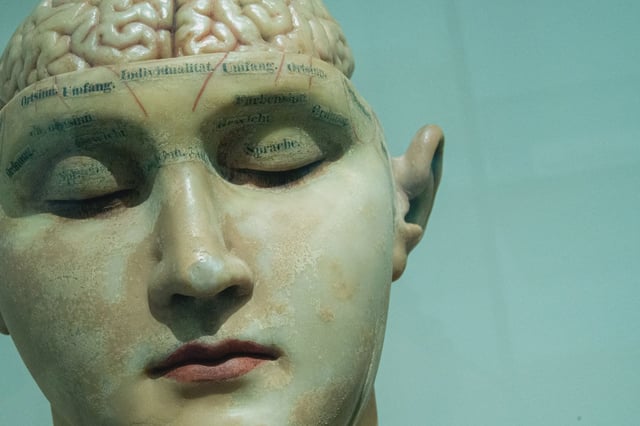Overview
- The PNAS study confirms two human-specific alterations in the ADSL gene—an alanine-to-valine substitution at position 429 and linked non-coding variants—that together reduce enzyme stability and RNA expression.
- Laboratory assays and mouse models reveal these mutations lower ADSL activity and cause accumulation of purine biosynthesis intermediates, especially in the brain.
- Female mice carrying the modern-human ADSL substitution accessed water more frequently under cue conditions, indicating a competitive behavioral advantage.
- Comparative genomic analysis shows the coding change emerged after the divergence from Neanderthals and Denisovans, followed by a near-fixation sweep of non-coding variants in modern human populations.
- Researchers caution that differences in neural circuitry limit direct translation of mouse model findings to human neurobiology.


